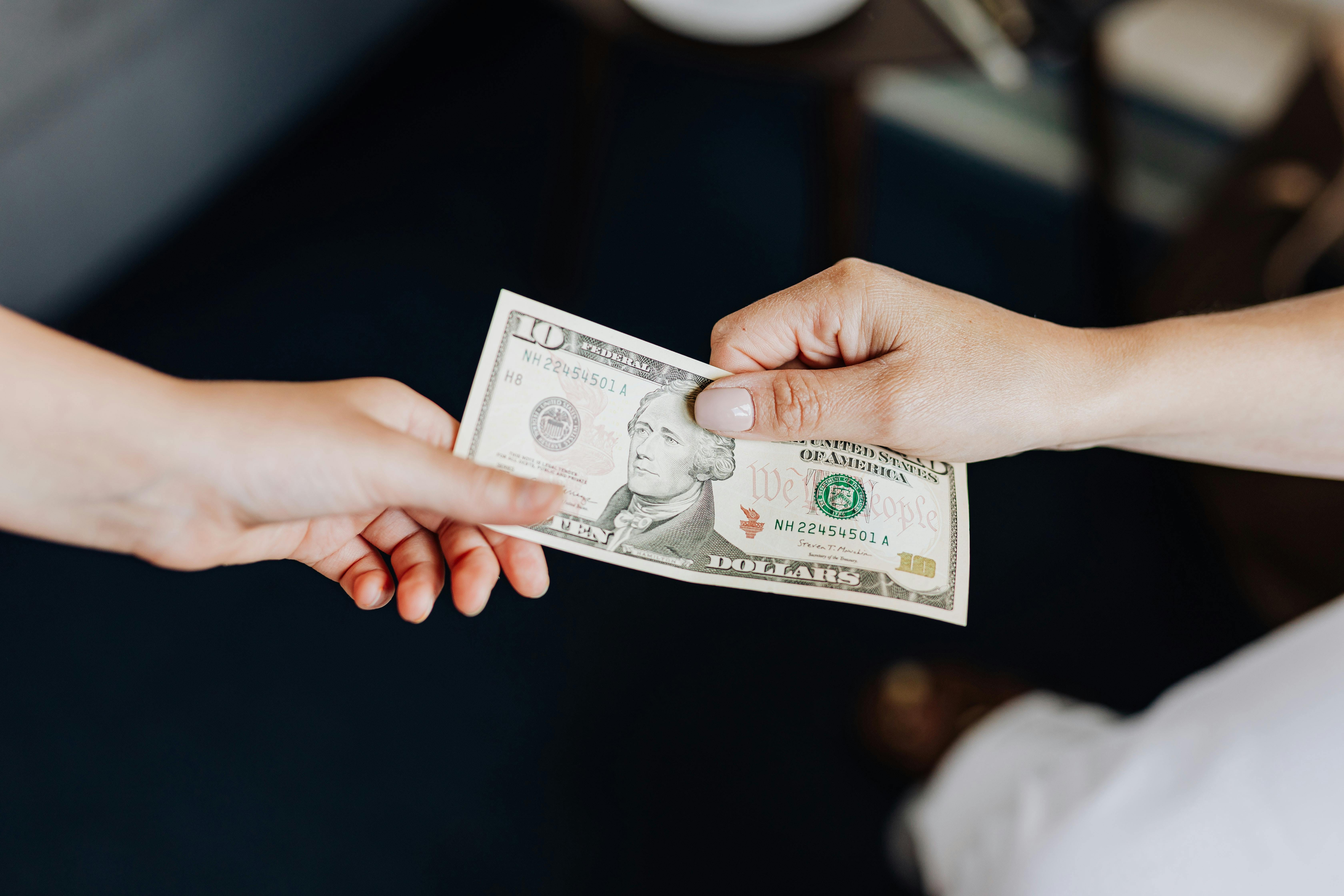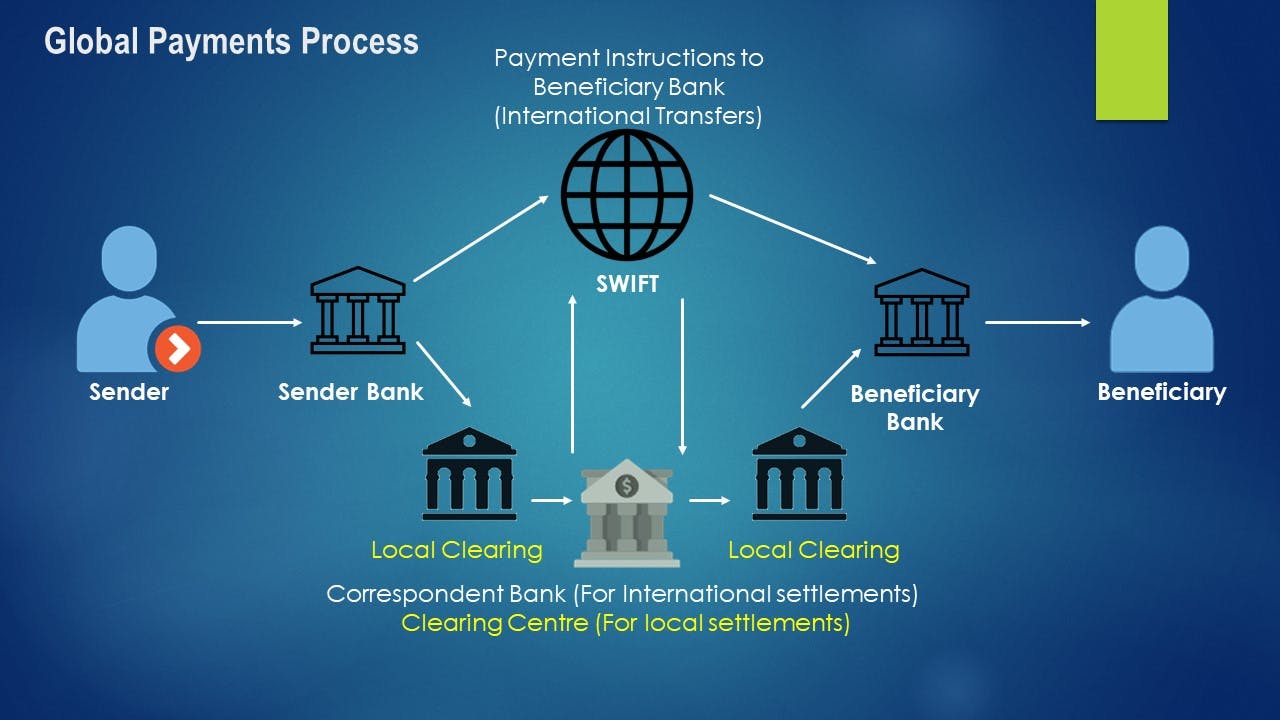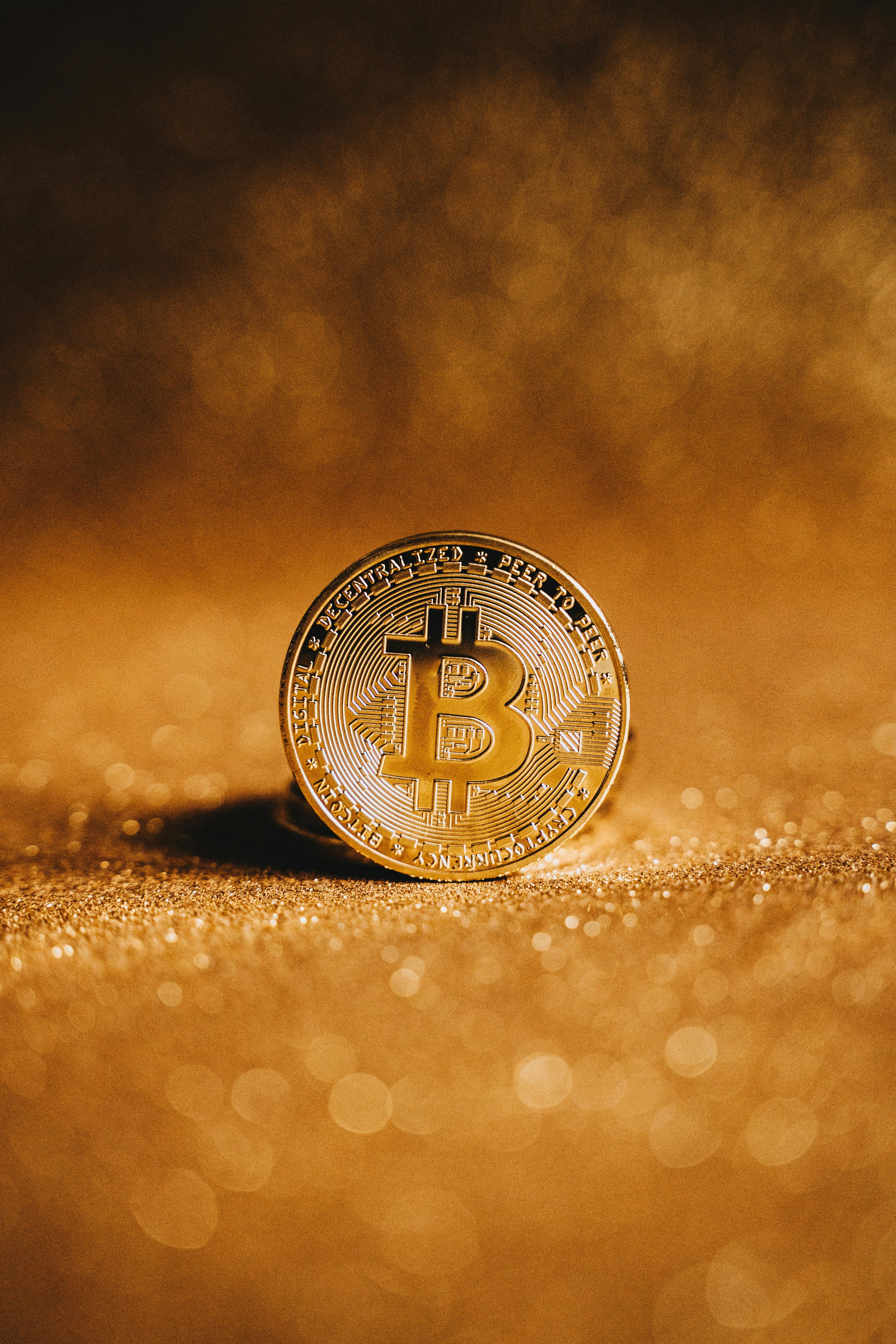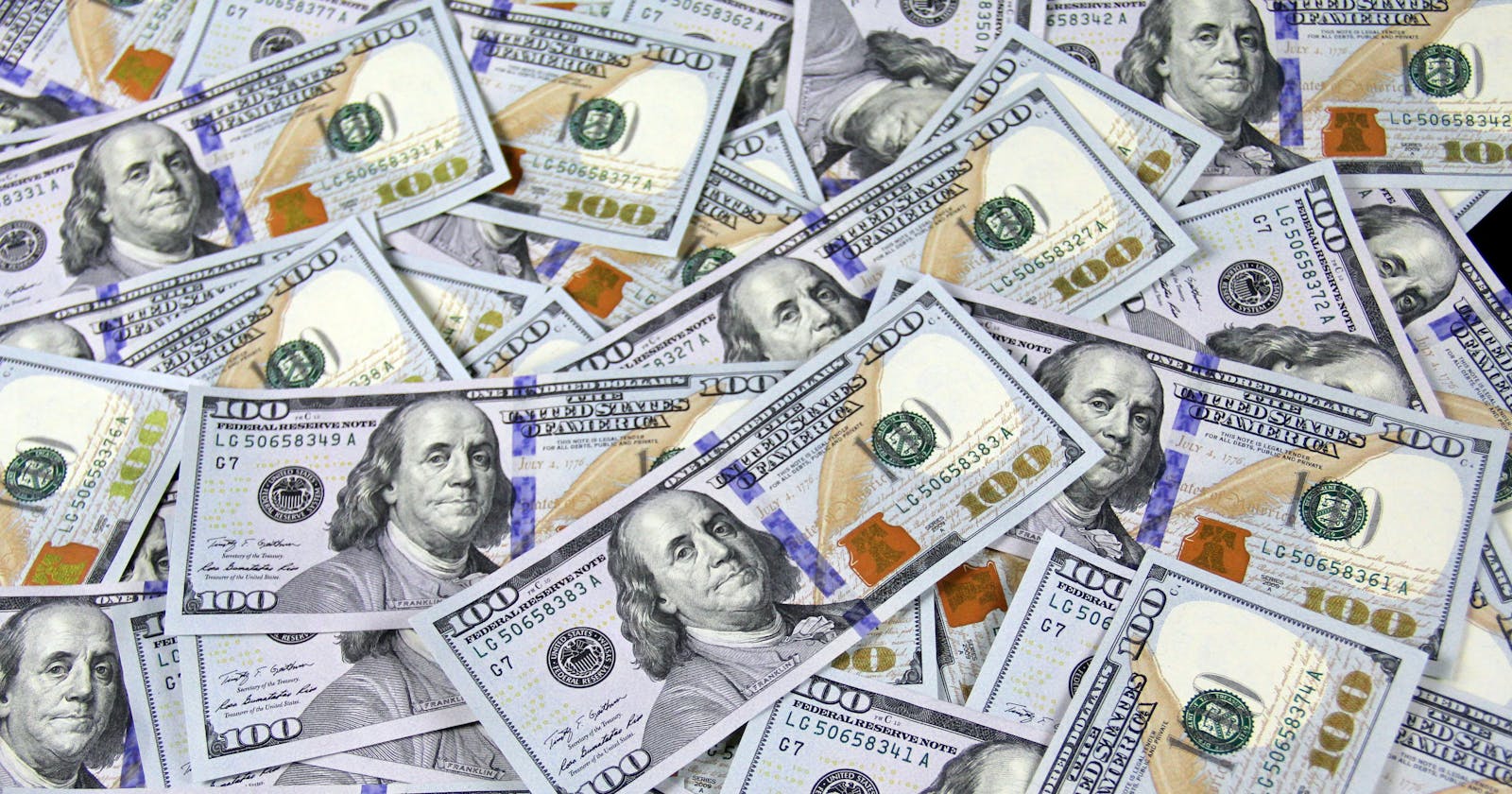We all use money. Money can be in physical form represented by notes or coins or in digital format. Money is anything that serves as a medium of exchange
A medium of exchange is anything that is widely accepted as a means of payment. Money, ultimately, is defined by people and what they do. When people use something as a medium of exchange, it becomes money.
Why do we need money? Or what is the function of money in society?
Money serves the following three basic functions
A medium of exchange
The exchange of goods and services in markets is among the most universal activities of human life. To facilitate these exchanges, people settle on something that will serve as a medium of exchange - they select something to be money, otherwise it is impractical to exchange one item for another without money. Eg: it is not practical to exchange fish for an automobile. But fiat currency or money is a common denominator in any exchange
A unit of account
Money serves as a unit of account, which is a consistent means of measuring the value of things. We use money in this fashion because it is also a medium of exchange. Nobody says "I paid five pizzas for this phone". They say "I paid $200 for this phone"
A store of value
The third function of money is to serve as a store of value., ie., an item that holds value over time. It maintains it value over time, instead of depreciating (Ignoring currencies with a risk of hyperinflation). Another example of items with good store of value is gold and other precious metals.
The paper money & coins that we use on a daily basis (or used to on a daily basis!!) is called FIAT MONEY

Fiat money is money that some authority, generally a government, has ordered to be accepted as a medium of exchange. The currency - paper money & coins is fiat money; it has no value other than its use as money.
Now, what about the money in deposits / checking accounts with banks?
Money in deposits is a digital version of fiat currencies which are represented by
- balances in ledgers (more on ledgers later!) of the banks where the accounts are maintained and
- where movement of funds is shown as reduction in balance of the sender’s account and increase in balance of the recipient’s account.
In accounting parlance, the sender’s account is debited and recipient’s account is credited. So the movement of money is recorded between ledgers of both banks - sender and receiver bank. The balance in the receiver's account goes up and the balance in the sender's account comes down.
A very simple representation of such a transfer is shown below

SWIFT means Society for Worldwide Inter-bank Financial Telecommunication. It provides a network that enables financial institutions worldwide to send & receive information about financial transactions in a secure, standardized & reliable environment. (More on swift here)
Local clearing applies to funds transfers (through cheques or electronic payment requests) within a jurisdiction. (More on clearing here)
When you move money across banks in the same city / country or different countries, these banks act as trusted intermediaries to ensure
a) The sender actually has the funds to initiate the transfer
b) The sender is actually who he claims he / she is
c) The funds actually move to the recipient's account
Even when we do online payments through other intermediaries like PayPal, they sit between us and the seller and act as trusted middlemen to ensure the above conditions are met.
The above intermediaries / middlemen add to the cost of transferring funds. They take their fees / commission to provide the above mentioned services.
But why am I explaining about money, its functions & payments process in the context of blockchain?
Well, the first & the most popular use case of blockchain is Bitcoin, the first digital currency or cryptocurrency — a new paradigm as it is the first digital currency with its own store of value and not a representation of any underlying fiat currency.

That takes us to the next question - What is a digital currency and where does it get its value from?
